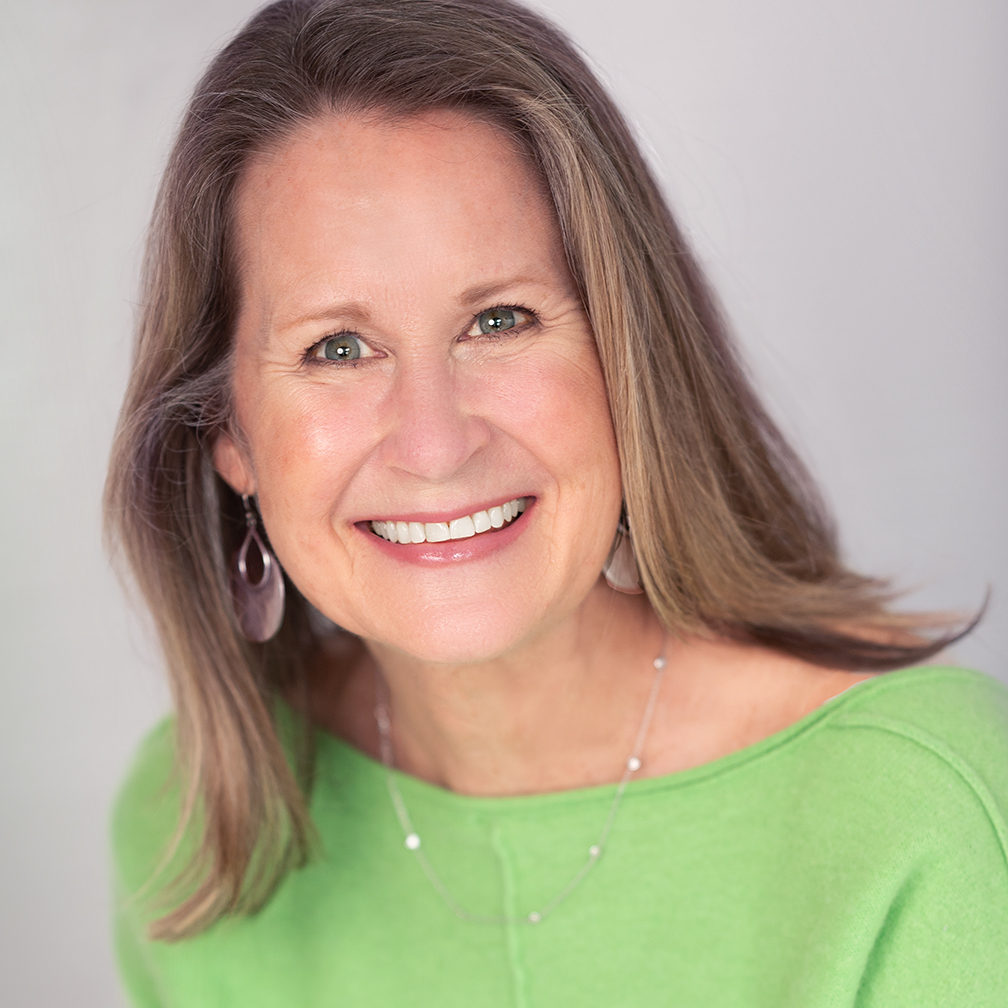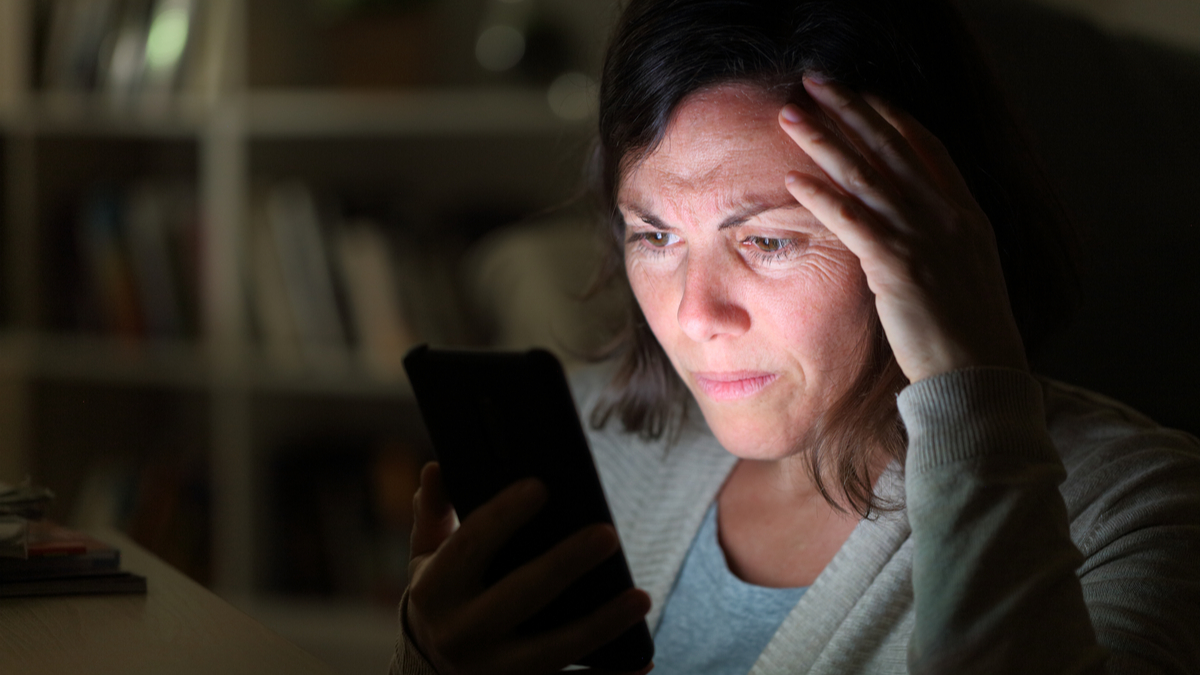The doom scroll. Your eyes flutter open and you pick up your phone, which is plugged in right next to your bed. And you start the scroll. This is how millions of Americans start each day.
You are not a bad person for doom scrolling. You are human. And the human brain is wired for survival. Your brain must scan the horizon for lions and tigers and bears.
It starts out innocently enough. You want to catch up on what you missed while your eyes were closed for those precious hours called sleep. Then, you click on a link, and suddenly you find yourself in the midst of disheartening and even shocking information. Your brain goes on high alert and your body gets the message to amp up — fire up that stress.
And so the day begins.
Sun Joo Ahn, director of the Games and Virtual Environments Lab at the University of Georgia, points out that content is increasingly designed to “trigger hyperarousal by playing on our more primitive emotions — fear and outrage,” which activate the survival centers of our brain.
When we click on links, we tell the algorithm that this is the kind of information we want, and as a result, we unwittingly end up getting more sent our way. And that’s how, once again, you find yourself reading something that makes your heart race and stresses you out. All before you’ve poured your first cup of coffee.
What can you do to calm yourself down? Consider a media fast.
I’m a big fan of 40-day habit-breaking sprints. Somehow, 40 days seems both doable and a big stretch. And 40 days has a bit of spiritual connection to it. So consider a 40-day media fast: No social media, no news, no TV. The first few days may feel tortuous as you step off into the void. But I can tell you, there is liberation in it.
I’m three weeks into a media fast myself. I noticed that I wasn’t sleeping great and my shoulders seemed permanently knotted with stress. In talking with a friend of mine, who sounded cool as a cucumber, he mentioned he had begun to unplug from media. I liked what I heard. He sure looked and sounded saner than I felt.
But at first, I worried that I would be horribly disconnected and would be blindsided by current events I didn’t know about. As it turns out, there are plenty of people around me who bring up current events — the debates, the wildfires, the pandemic. So I’m not out of the loop; I’m just less mired in it. And rather than taking the shortcut called Facebook or Instagram or Twitter to catch up with friends and my adult children’s lives, I call them. It’s radical. I ask what they’ve been up to and I listen.
Try it for yourself!
I predict you will suddenly have time on your hands. Time to go for a walk. Time to have a real conversation with family members or roommates or friends — talking, not texting. Time to work out or start that online Pilates class. Time to get your finances in order and get a budget started. Time to paint or write or cook or bake. And you will sleep more soundly. Who knows? You might have the time and space to finally write that book that you’ve been thinking about. Or learn a new sport. Or figure out how to bake a loaf of sourdough bread (definitely not as easy as it looks).
I’ll be right there with you, enjoying my life without the doom scroll.


